Six of one, no time for another half-dozen
By bhurnie 2 Comments
I recently realised that I'm mid-way through… let's just say "too many" games at the same time. Hard disk space is no longer an issue, but their mere existence is a drain every time I look at my games collection, adding clutter every time I feel like playing something. Time to prune!
Crysis 2: This is a replay. The first time through was back when it was released, on a computer much weaker than my current desktop, so I'm enjoying the improved graphics and stable framerate. And like all of the Crysis games, it's much more entertaining when you use powers instead of just left-clicking on enemies (an filled energy bar is practically wasted fun). Of course, playing that way isn't nearly as quick, and the linearity of the game means that once the fighting loses its novelty there's nothing left to draw me in. But I haven't hit that point yet, and the biggest reason I haven't played more is because it's not in Steam and I forget about it. Verdict: left installed.
Eidolon: As an open-world walking simulator, I figured it would keep my hands busy while I caught up on some podcasts, and it succeeded, but I'm still nowhere near 'completing' it and it's so damn slow. I'm not sure why I'd spend 20 hours pretending to walk on the computer when I could do the same thing outside with a much better payoff. The only problem is that I can't find much about the plot online, and it was interesting enough that I want to know more. Verdict: left installed, ugh.
Prototype 2: I enjoyed the first Prototype, and picked this up in some sale afterwards, but only got around to it recently. I dropped it early into the final zone - the fighting wasn't much fun, and I kept messing up the targeting system (for example, instead of consuming a side-mission-unlocking character, grabbing an adjacent person and fatally throwing them at the first). The first game wasn't as pretty and the fights were probably even less fun, but the sequel feels restricted in comparison (separate islands instead of dynamic zones, fewer collectibles and events, Heller can't be stationary on walls, etc.). Still, I'm close enough I could probably finish it in an evening or two. Verdict: left installed. This isn't really working, is it?
Watch_Dogs: The main reason I haven't finished this one is because it's the second-most recent game I started, but I very much plan to. Like Crysis 2, a computer upgrade has made this much more playable, and I'm having a blast so far. It's in the running to become my favourite non-RPG open-world game (I haven't played GTA V, which seems like the main contender). I'm particularly pleased about how many main/side missions I've been able to complete without resorting to guns, or even a physical presence, and hope that continues as an option. Verdict: left installed, obviously.
Spore: A few days ago I found myself listening to the 2008 'Sporecast' and, against my better judgment, reinstalled it (after first reassuring myself the servers hadn't been shut down in the interim). It's crazy to think it's almost ten years old now! Sadly, time hasn't made the game any better. I'm trying to be more creative in the editors and get far enough to see some of the content from an expansion pack I somehow acquired, but I'll probably get frustrated/bored and delete it in a week or two. Verdict: left installed, for now…
Result: Total failure!
The list above, however, is limited to stuff that I'm "currently" playing. There are others that I haven't touched for months, sometimes years, that should quietly be returned to the vast hidden wings of my Steam library for the foreseeable future…
- Deus Ex (the original): I've never finished it and lost my saves from the time I nearly did, and it'd be such a time-consuming slog to get back to where I was (which can't have been that far from the end, surely?). Uninstalled.
- Car Mechanic Simulator 2015: The first one was bizarrely entertaining and even relaxing. This one somehow lost the charm. I haven't got far enough to unlock most of the extra features, but what's the point? Uninstalled.
- Distant Worlds: Another massive time-sink, but superior to virtually every other space 4X, so leaving it installed saves me money by reminding me I don't need to buy them. Kept.
- Close Combat (various games): I should have stayed in the strategy kiddy pool - it's probably grognard-approved, but I feel too dumb to play this without spending hours getting up to speed. Uninstalled.
- 7 Grand Steps, Step 1: What Ancients Begat: Despite looking like a casual game, playing it takes forever and the penalty for screwing up is off-putting. I've never finished a single playthrough and should probably admit I won't get around to it any time soon. Uninstalled.
- Hitman 2: Silent Assassin: For some reason I convinced myself that I should play the hitman games (and several other series like Tomb Raider) in the order they were released, since I'd probably never return to the early games otherwise. Again, I lost my progress at some point and can't bring myself to replay it. Uninstalled.
- Unity of Command: I'm apparently unwilling to invest the time to get any better at the game... i.e. I'm too dumb. Uninstalled.
- Assassin's Creed: Okay, apparently the sequel is where the game gets good, but as above I'm a stickler for chronology. Plus I don't think I even finished the tutorial, so it's less abandoned than unstarted. Kept.
- Pandora: First Contact: It's a great Alpha Centauri update, but (a) I barely have time for this kind of game anymore and (b) I own AC on GOG and want to play that just as much. Uninstalled.
- Sunset: The half-hour I played was great, but then I greedily read the help file and killed all the mystery of what I was doing and what effect it had. Maybe one day I'll forget? Uninstalled.
- X: Beyond the Frontier: Damn you, chronological preference! Maybe if I follow a walkthrough I can get to the good games in the series quicker. Kept.
- Soldiers: Heroes of World War II: Despite being the first in its series (leading to Men of War), I decided to play it because I thought it might be simpler, serving as a 'tutorial' for the later games. That's almost certainly wrong, but my previously-noted lack of skill at wargames made my error irrelevant anyway. Uninstalled.
Result: Success! Less choice is a good choice, at least for now.

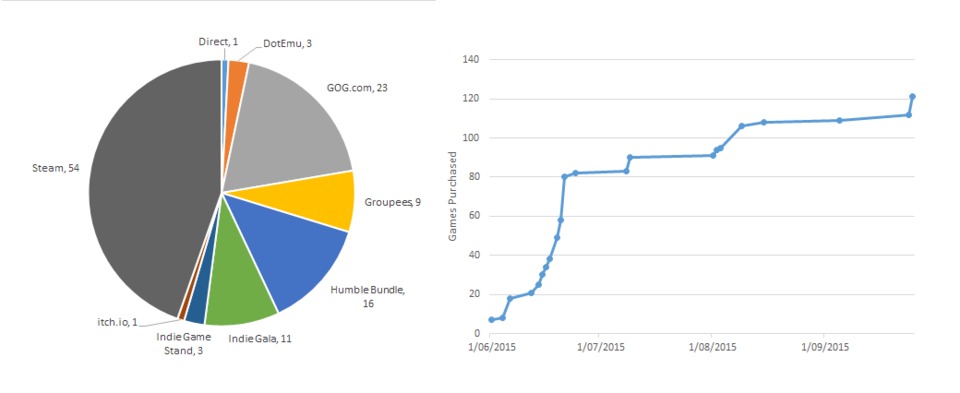
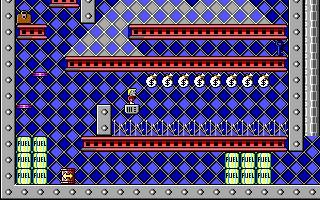
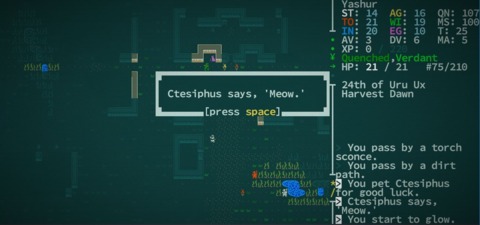
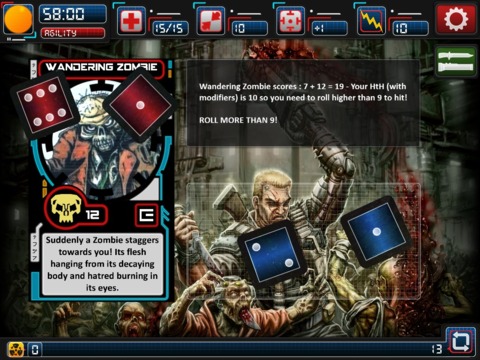
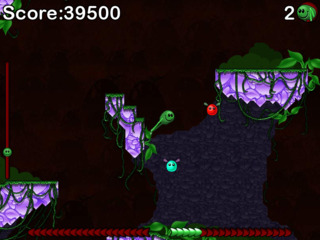

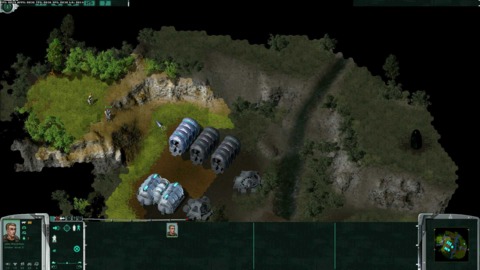
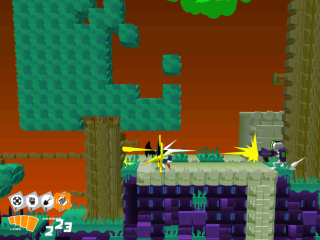
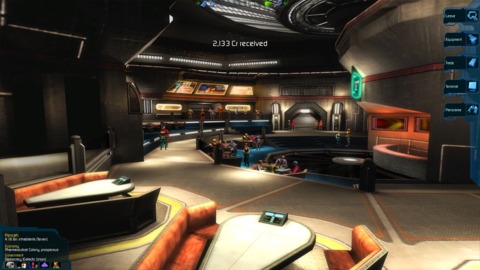

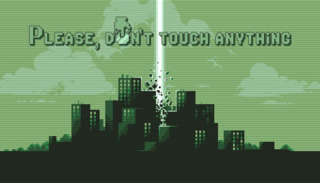
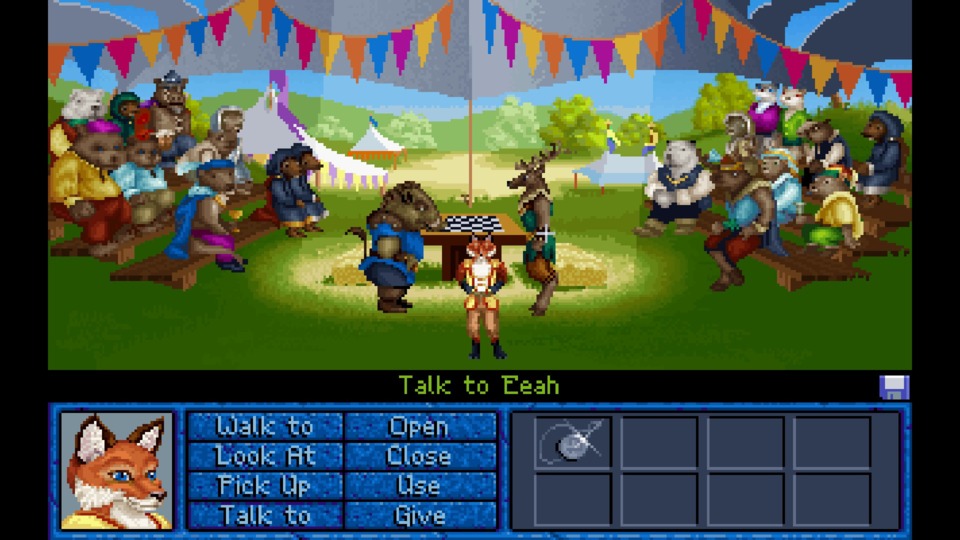
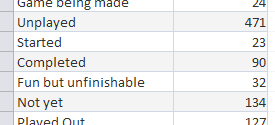



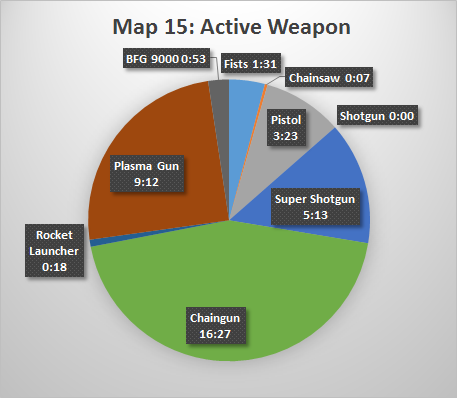
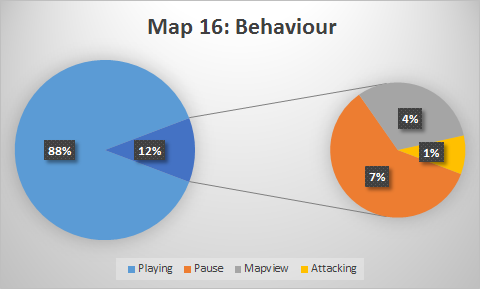
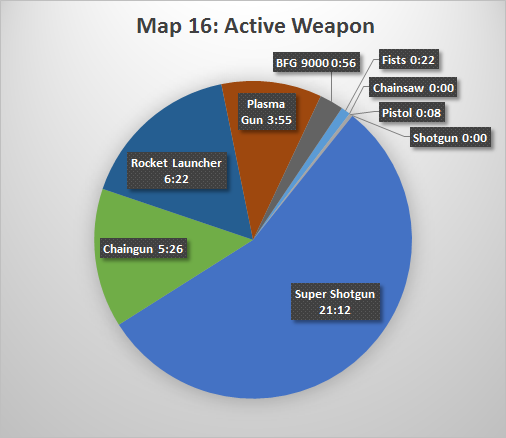
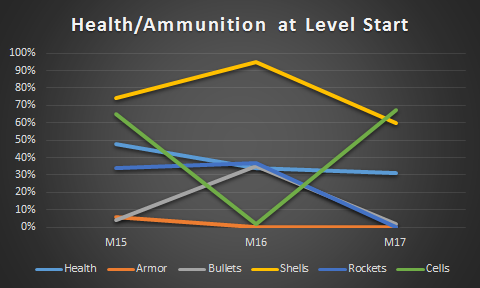

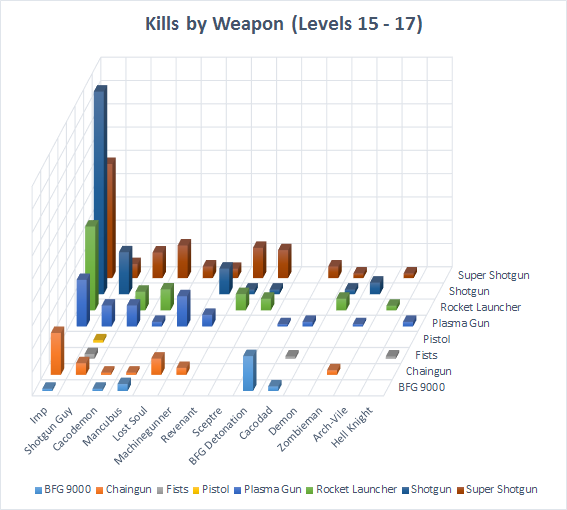
Log in to comment